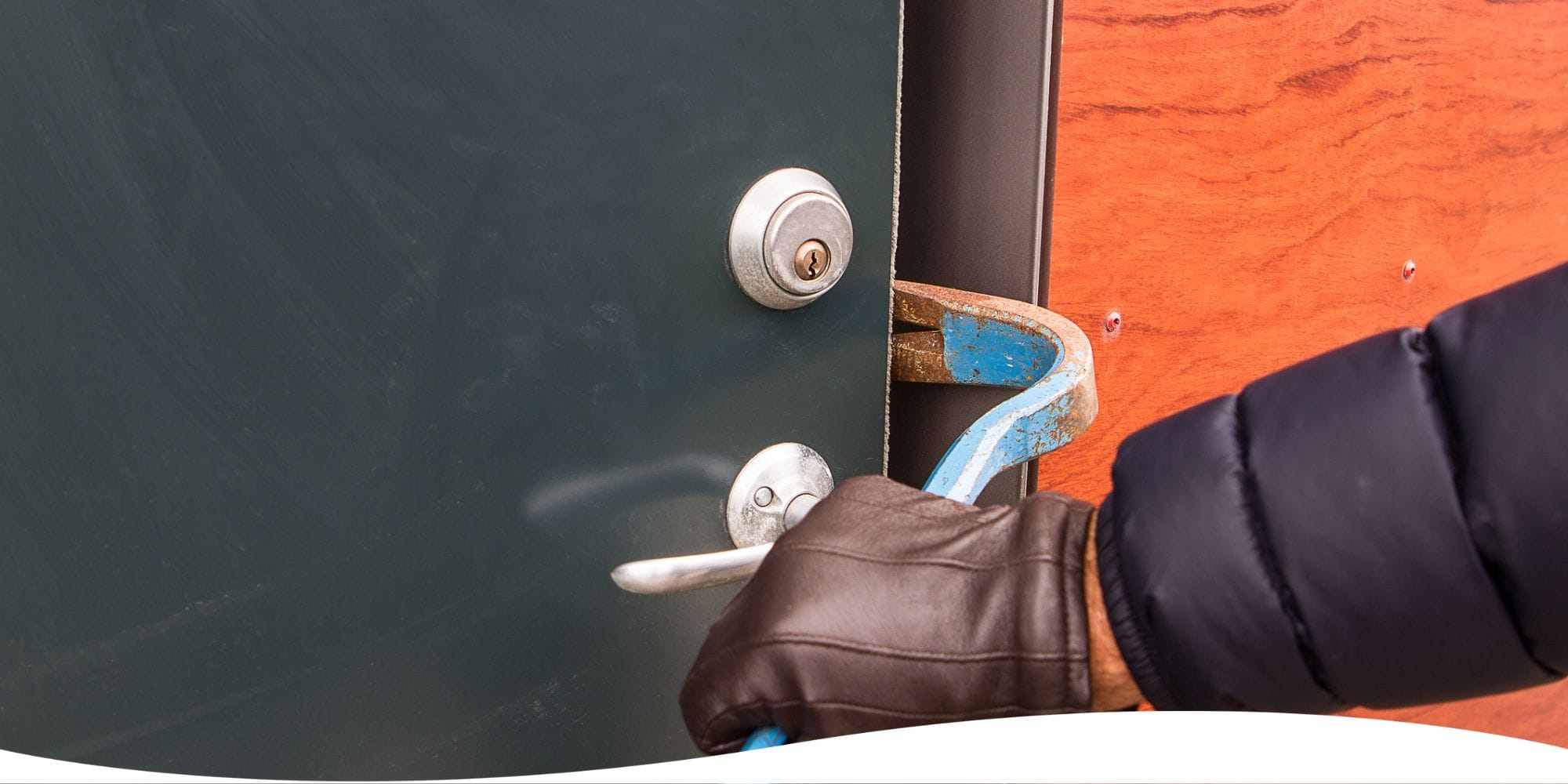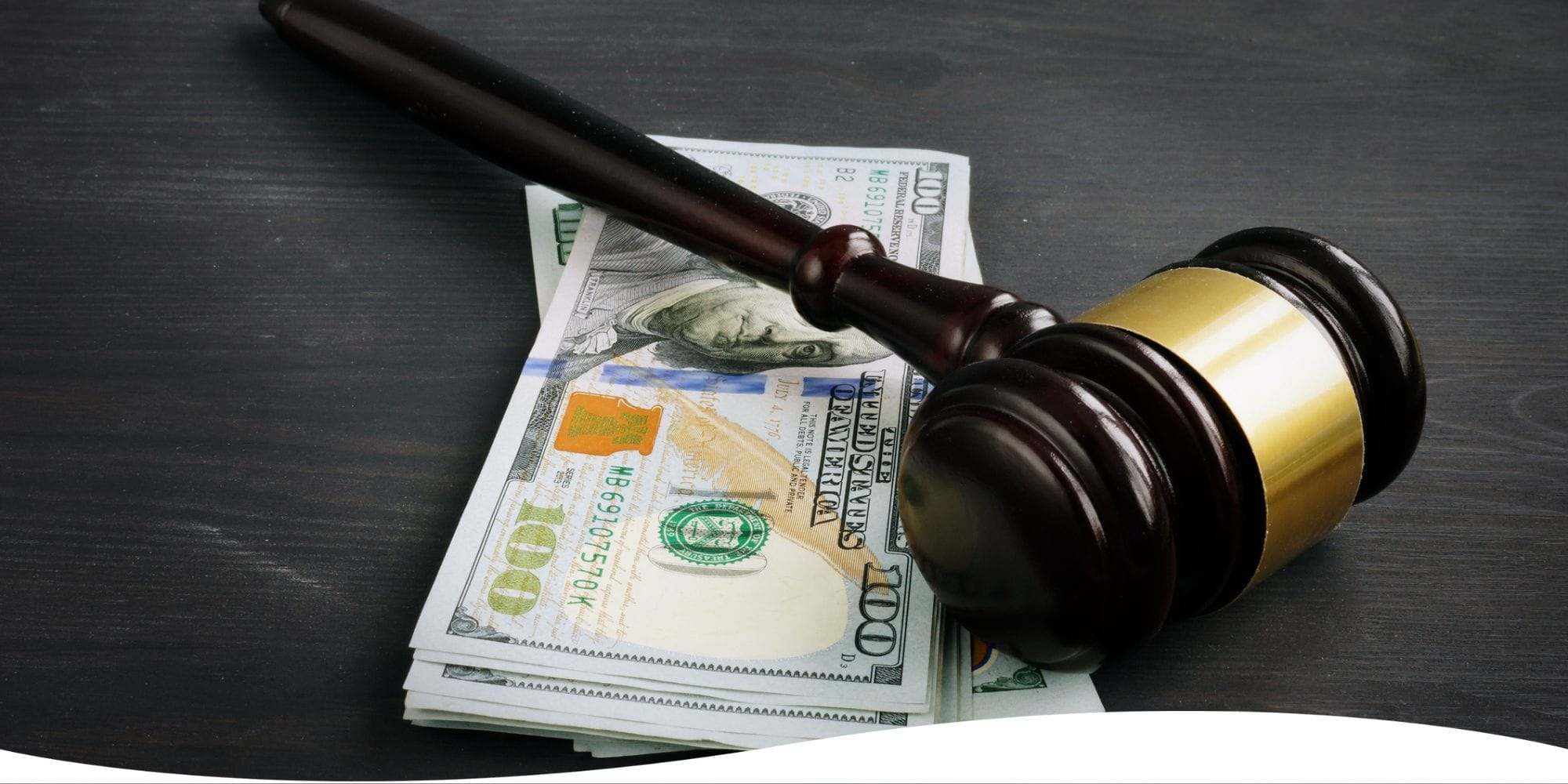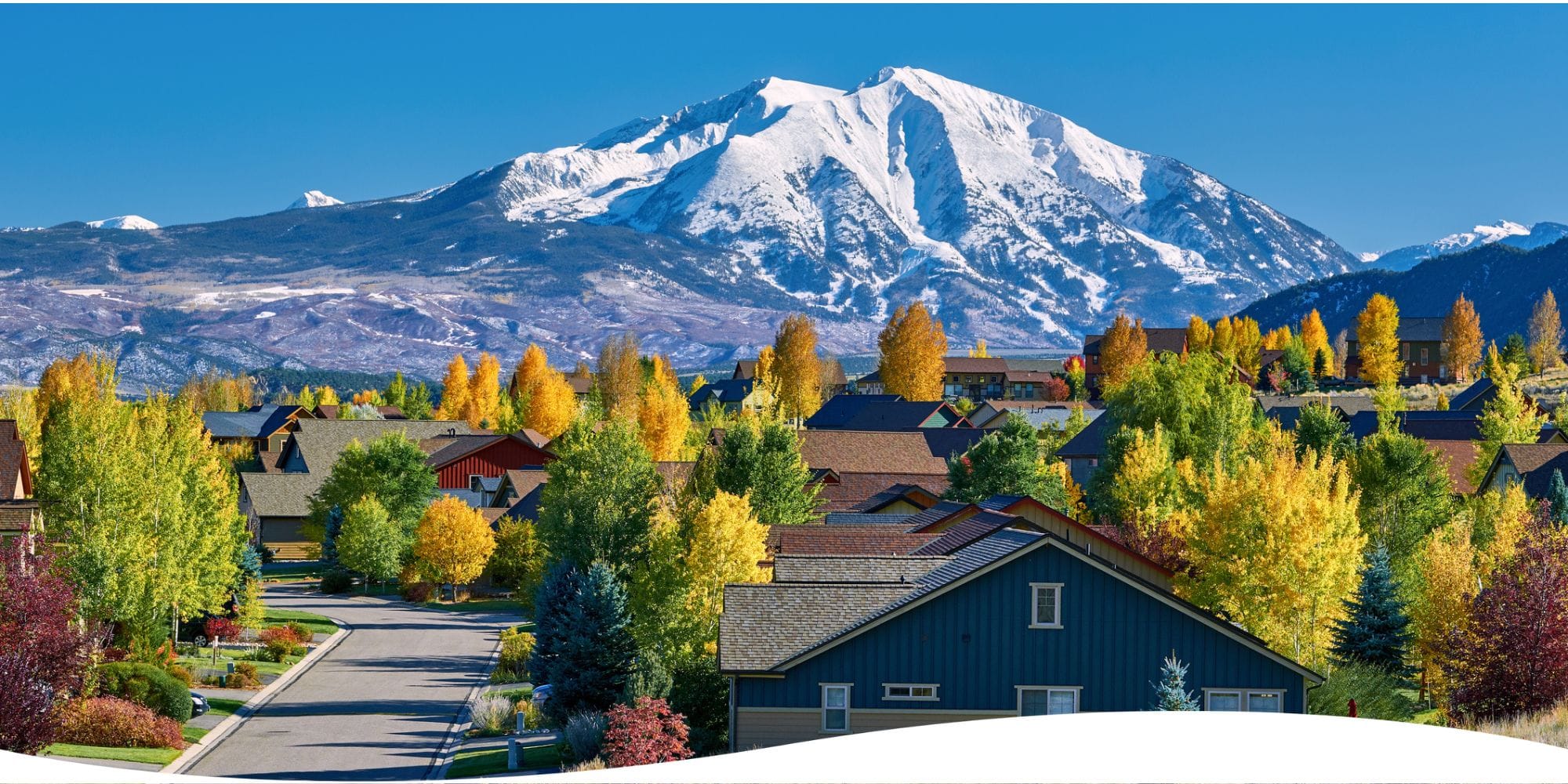Attractive Nuisances and How To Reduce Your Liability
11 Apr 2022 • 5 min read

When you hear the word "attractive nuisance", what comes to mind?
No, it's not your spouse – an attractive nuisance is actually an unsecured object (or an unsafe condition) that tends to attract children to your property, but could potentially injure them.
Swimming pools, trampolines, and lawnmowers — any common amenity could become attractive nuisances if you don’t secure them properly.
However, just having these on your premises doesn’t make you liable.
According to the attractive nuisance doctrine, when a child gets injured, the property owners are deemed responsible if:
- A potentially hazardous condition exists on the landowner's property
- It’s an object or condition created or maintained by the landowner
- The landowner is aware that the condition could attract and harm children
And it's not just your children or their guests – if a neighborhood child trespasses onto your property and gets injured in the pool, there's a high likelihood you'll be held responsible if the pool was not secured properly.
Your landlord will need to take reasonable steps to mitigate their liability. However, as a renter, it's also up to you to ensure the property owner has taken precautions to avoid any accidents – or you could also be held liable.
Let’s look at some attractive nuisance examples and what steps you as a renter can take to reduce your liability.
- Attractive Nuisance Examples
- Steps To Reduce the Liability of Attractive Nuisances
- Final Thoughts: What an Attractive Nuisance Is and How To Minimize Your Liability
Attractive Nuisance Examples
Some of the most common attractive nuisance examples are:
- Swimming Pools
- Playground Equipment
- Construction Projects
- Abandoned Vehicles
- Unattended Machinery
- Landscaping Features
Let’s explore these further to learn why they're classified this way.
Swimming Pools
Swimming pools are classified as attractive nuisances under the law because they pose the threat of drowning. A child could also get injured by slipping or diving into a shallow pool. While swimming pools are great fun, unsecured pools could be dangerous for a child, especially a trespasser who has no supervision.
Playground Equipment
Unsafe and poorly maintained playground equipment is a common attractive nuisance that might harm children.
Placing swings too close together, constructing a trampoline without a net, or having an old treehouse with a rickety ladder might cause children injury. Plus, rusted or broken equipment can also cause harm.
Construction Projects
Any ongoing construction has the potential to become an attractive nuisance. Sharp equipment and heaps of sand or gravel could cause serious injury to a trespassing child.
Kids might also climb on an unattended ladder or scaffolding on the construction site and get injured. Open pits also could become an attractive nuisance.
Abandoned Vehicles and Unattended Machinery
Children often find abandoned vehicles intriguing, but exploring one might lead to accidents, cuts, or bruises from broken or rusted parts.
Unattended tools and machinery on your premise could also cause serious hazards to trespassing children. Riding lawn mowers, old gasoline pumps, power tools, and plumbing tools all have the potential to become attractive nuisances.
Farm equipment like tractors or plowing machines could also be dangerous for children.
Landscaping Features
The beautiful landscaping in the home you're renting may have been a selling point, but fountains, ponds, and treehouses might invite children and result in injuries. Attractive nuisance? Check.
Steps To Reduce the Liability of Attractive Nuisances
As you've likely learned by now, you must take reasonable actions to safeguard children from harm on your premises.
Let’s see what you can do to prevent your favorite backyard amenities from inviting an attractive nuisance lawsuit.
Keep The Property Maintained
You should survey your rental for any potentially dangerous conditions due to lack of maintenance. Your landlord can prevent most accidents by performing routine maintenance on your backyard or premises. If they're not regularly at the property, it's up to you to report potential attractive nuisances to them to keep you both protected.
Maintenance for attractive nuisances can include:
- Cleaning slippery surfaces like swimming pool decks, walkways, and patios
- Asking your landlord to repair broken fences and alarm systems
- Fixing broken playground equipment (or asking your landlord to remove it)
- Cutting branches that might cause injuries
Getting rid of things you no longer need will save your space and prevent them from turning into attractive nuisances.
If you find any of these in the spot you rent, consider asking your landlord to remove them from the property:
- Abandoned vehicles
- Unused playground equipment
- Rusted machinery
- Debris from construction work
Take Precautions to Avoid Accidents
While every object on your premise has the potential to become an attractive nuisance, reasonable precautions will help you reduce liability.
First, you need to ensure your property is inaccessible to trespassing children. Proper fencing is essential to discourage children from trespassing on your property.
If you're renting a house with a swimming pool, make sure your landlord takes precautions to avoid unsupervised access to the pool. Doors leading to the pool should have latches above a child's reach. Use safety cones and hazard signs to warn about open pools.
In addition, pool safety gates should open upwards to reduce risk. It’s also best to keep the pool covered while not in use. Power-operated safety covers are safe and easy to use.
Self-closing and self-latching safety gates work well even if you cannot supervise your property all the time. If you have a potentially hazardous condition, like ongoing construction, you need to put up warning signs and disclaimers.
Along with safety and security equipment, be sure to supervise children who play on your premises. Make sure to also inform the children and their parents about the potential dangers on your property.
Increase Your Personal Liability Coverage
Goodcover renters insurance offers $100,000 as personal liability coverage as standard. While it may seem like a lot, it may not be enough to cover the costs of serious injuries or accidental loss of life on your property. You can bump up your liability coverage when you get a Goodcover quote – it'll increase your premium slightly, but you'll have peace of mind knowing you're protected.
If you rent a property with a swimming pool or playground equipment, you need to ensure the property owner has taken all the necessary precautions to avoid accidents. It's also a good idea to verify that your landlord has personal liability coverage for these attractive nuisances.
Goodcover renter's insurance doesn't cover attractive nuisances, but we'll cover you if the amenity is properly secured. In other words, your pool needs to have a fence around it for Goodcover to insure you.
Final Thoughts: What an Attractive Nuisance Is and How To Minimize Your Liability
An attractive nuisance is a condition on a person’s property that attracts children who can’t foresee the potential dangers in that condition. There are many objects and conditions at your place that could become an attractive nuisance if they are not secured.
Take the following steps to reduce your liability:
- Maintain your property and amenities in excellent condition
- Get rid of unused objects like tools, equipment, or vehicles
- Take reasonable precautions like covering swimming pools and adding fencing
- Advise children and parents about the potential hazards
- Supervise young children while they play in your pool or backyard
- Bump up your personal liability coverage
Get an insurance quote before an attractive nuisance becomes more than a nuisance!
Note: This post is meant for informational purposes, insurance regulation and coverage specifics vary by location and person. Check your policy for exact coverage information.
For additional questions, reach out to us – we’re happy to help.
More stories
Team Goodcover • 19 Aug 2024 • 10 min read
Colorado Rent Increase Laws: A Comprehensive Guide for Renters
Team Goodcover • 15 Aug 2024 • 4 min read
Does Renters Insurance Cover Theft?
Team Goodcover • 1 Aug 2024 • 4 min read
Liability Coverage Explained: What Every Renter Needs to Know
Team Goodcover • 26 Jul 2024 • 6 min read
Colorado Renters Insurance: What You Need to Know
Team Goodcover • 6 Jul 2024 • 6 min read




